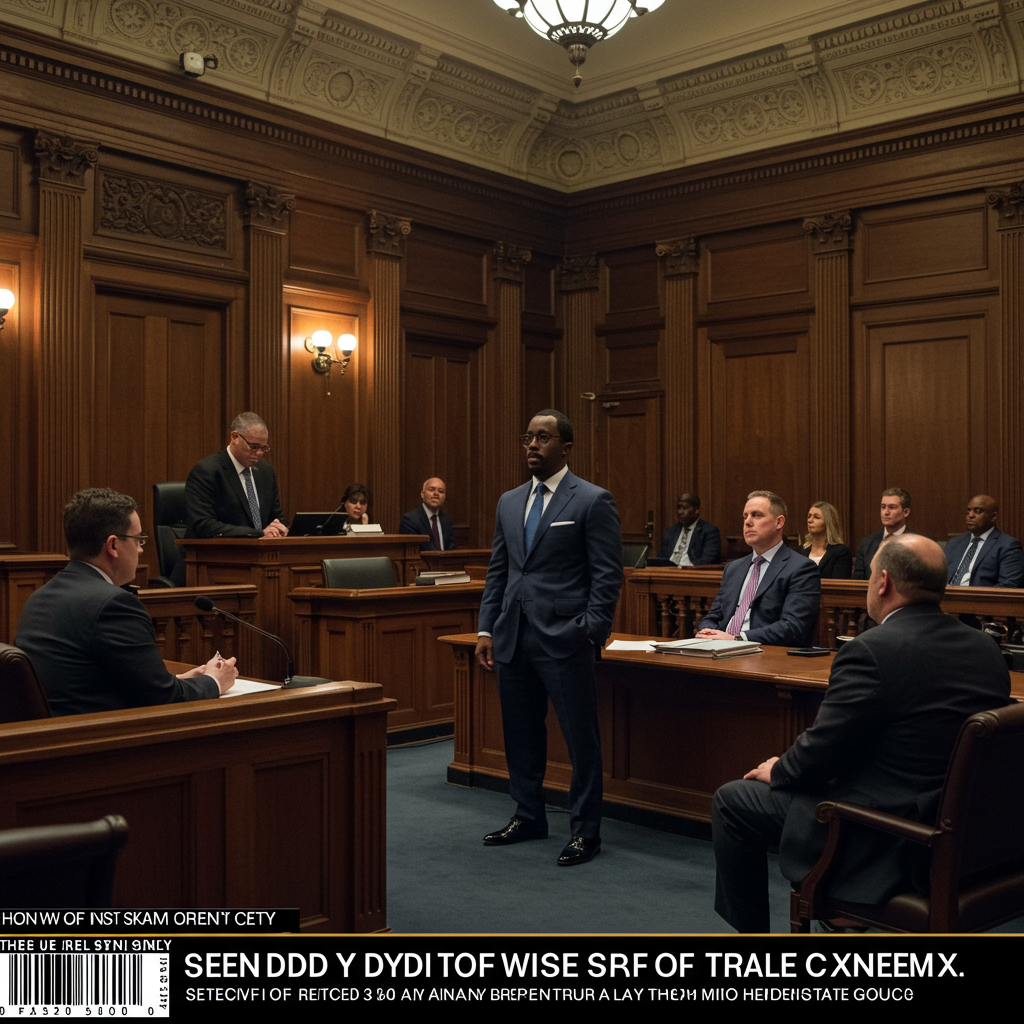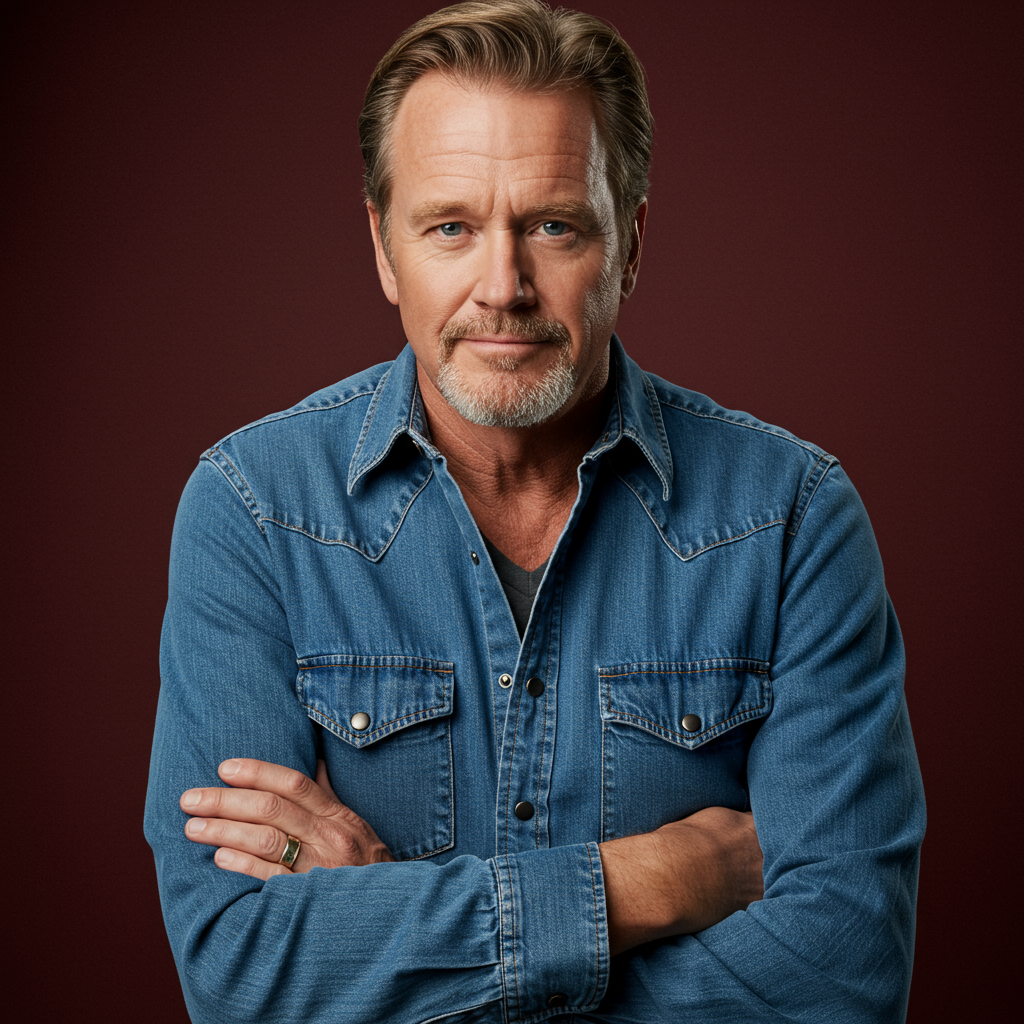The new Hulu documentary, “Barbara Walters: Tell Me Everything,” offers viewers a thorough look back at the extraordinary life and pioneering career of one of television’s most legendary figures. While serving as an enjoyable recap of her monumental achievements in broadcasting, the film strives to go deeper, exploring the motivations, insecurities, and personal sacrifices behind the iconic public persona.
Directed by Jackie Jesko and produced by ABC News Studios and Imagine Documentaries, the film draws on extensive footage from the ABC News archives – utilizing thousands of hours and even “cutting room floor” moments – and new interviews with colleagues, friends, and subjects to weave a comprehensive portrait. A conscious effort was made to incorporate Walters’ own voice from past interviews and autobiography discussions, aiming to make her feel like the film’s narrator.
Breaking Barriers in a Male World
Walters fundamentally changed the American media landscape, most notably as the first woman to co-anchor a national news program. The documentary highlights the significant challenges she faced in the male-dominated broadcast world. Early on the Today show, she had to find workarounds to conduct substantive interviews when star Frank McGee had a contractual right to ask the first questions in the studio. Her path to co-host was even tied to a contract clause activated by McGee’s death. Later, she reportedly faced friction with co-anchors like Harry Reasoner and Peter Jennings, underscoring the resistance she navigated throughout her career.
The Drive Behind the Interviews
Known for her tenacity and ability to land exclusive interviews, Walters’ relentless drive was legendary. The film suggests this persistence stemmed significantly from deep-seated insecurity. Her challenging early life, including her father’s financial downfall which forced her into the role of family breadwinner, instilled a fear that success could vanish instantly. This burden fueled her constant need to prove herself, making her feel she was “always auditioning.”
Despite this internal pressure, Walters possessed significant strategic skill, charm, and valuable connections, often referred to as her extensive “Rolodex.” She masterfully used rapport-building as part of her “arsenal,” spending a year cultivating relationships, like with Monica Lewinsky’s family and attorney, to secure one of her most famous interviews. Her boldness and “omnivorous taste” allowed her to pursue both major political figures like Fidel Castro and Anwar Sadat/Menachem Begin (beating out rivals like Walter Cronkite) and high-profile celebrities, recognizing their audience appeal. This ability to attract the world’s most significant newsmakers made ABC News a “destination.”
The Personal Cost of the Icon’s Success
“Barbara Walters: Tell Me Everything” makes a notable effort to explore the personal life intertwined with her soaring career, suggesting that her groundbreaking success came at considerable sacrifice. One significant focus is her complex and sometimes strained relationship with her adopted daughter, Jacqueline (Jackie).
Walters adopted Jackie in 1968 after several miscarriages, calling it “the best thing I ever did.” However, she openly admitted that her demanding career made balancing work and motherhood incredibly difficult. During Jackie’s teenage years, the challenges escalated, including Jackie running away and later attending an “emotional growth school.” Friend Oprah Winfrey described their dynamic as a “charged, complex relationship,” seeing it as potentially part of the price Walters paid for her legendary status. Oprah also noted that observing Walters’ situation influenced her own decision not to have children, feeling a woman in their position would “always have to sacrifice your child to the job or vice versa.” Walters herself expressed guilt over being an absentee mother and late in life, contrasted her path with a friend’s large family, describing that life as “rich” in a way she felt hers was not. Jackie did not participate in the documentary, hinting at the lingering complexities.
The film also touches on other personal aspects, such as her long-term romantic relationship with the controversial figure Roy Cohn, which her biographer found particularly difficult to reconcile. It also addresses perceived professional rivalries, notably with Diane Sawyer, a topic Walters herself reportedly downplayed as a “feud,” though others felt Walters experienced jealousy towards the “blonde goddess.”
More Than Just Interviews
Featuring testimonials from figures she influenced like Oprah Winfrey and Katie Couric (who recounts a surprisingly frank comment from Walters about their appearance), and interview subjects like Bette Midler and Monica Lewinsky, the documentary provides multiple perspectives on Walters’ character, humanity, and impact. Anecdotes like Walters directly confronting Andy Cohen on The View reveal her sharp, demanding side.
While the era of a single “Barbara Walters interview” commanding massive ratings may have passed due to the fragmented media landscape, “Tell Me Everything” reminds viewers of her singular place in history. It successfully presents Barbara Walters not just as a pioneer and master interviewer, but as a complicated, driven woman whose ambition allowed her to “move mountains” while grappling with deep insecurities and making profound personal sacrifices. It’s a portrayal that goes beyond the highlight reel, offering valuable insights into the person behind the icon.


